7 Interesting Facts about Ancient Egypt that You might Not Know
Categories: History | Science | World
By Pictolic https://pictolic.com/article/7-interesting-facts-about-ancient-egypt-that-you-might-not-know.htmlWho actually built the pyramids, why the pharaohs married brothers and sisters, and how Tutankhamun died after all - we read more about this and other interesting moments in the history of ancient Egypt.
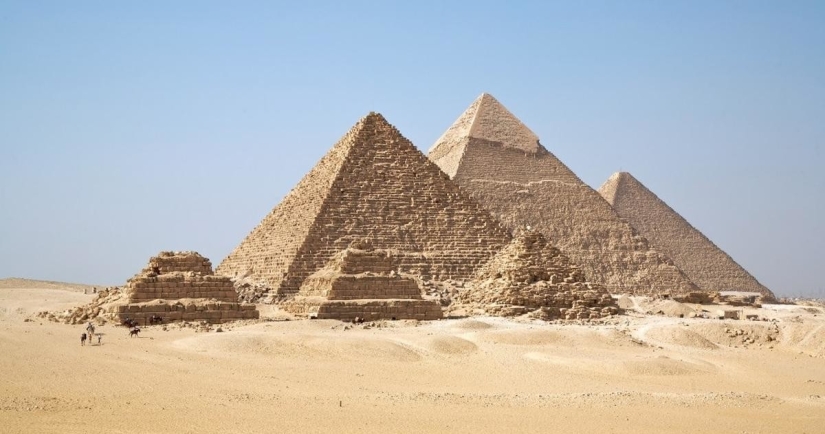
The first period is called the pre-dynastic, and some historians believe that it lasted from 6000 to 3150 BC.
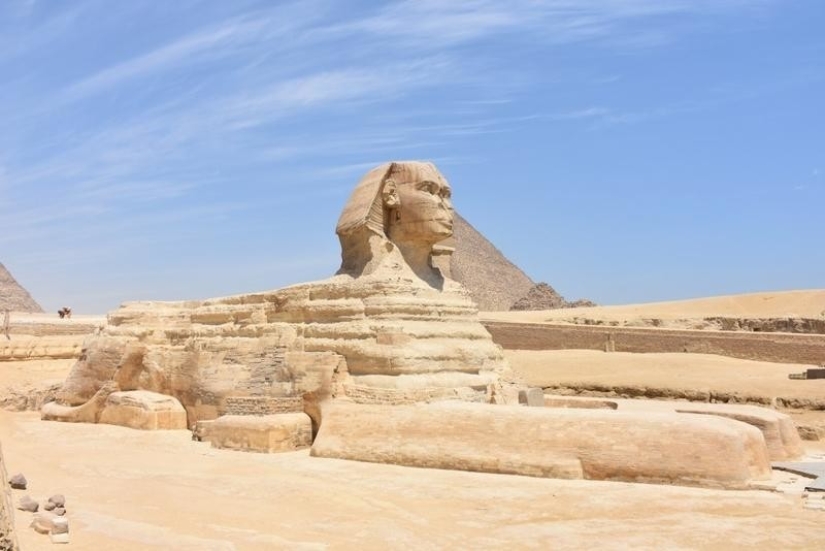
The last period in the history of ancient Egypt is Ptolemaic, and it lasted from 323 to 30 BC. It turns out that 5970 years have passed from the beginning of the first to the end of the last! It is customary to divide periods into "kingdoms" and "transitional periods" to emphasize the difference in rule.
In kingdoms, for example, the Ancient Kingdom, the monarch ruled a centralized state, economic, social and cultural progress was observed. During the transition periods, for example, the First Transition period, there was a split in the board, less progress and stability.
Naturally, they were built by aliens. But seriously: many believe that the great pyramids were built with the help of slaves, whereas in fact the workforce consisted of ordinary Egyptians, who were even paid for their work.
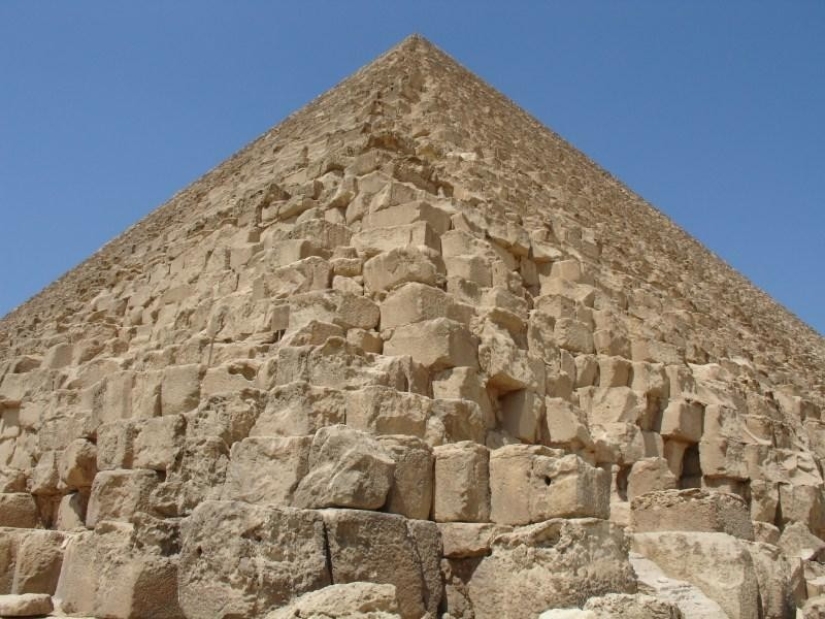
Among them there were also qualified craftsmen and architects who led groups of workers. These workers often painted graffiti — the most famous, perhaps, are those who preferred to be remembered forever as "Friends of Khufu".
The groups of workers consisted of local residents, construction workers and other temporary workers who decided to spend the time of the year when the Nile overflowed its banks, and their usual place of work was under water. There were slaves in ancient Egypt, but they were most likely engaged in housework and agricultural labor.
Although the great pyramids of Giza are the most famous in Egypt, they are far from the only ones.
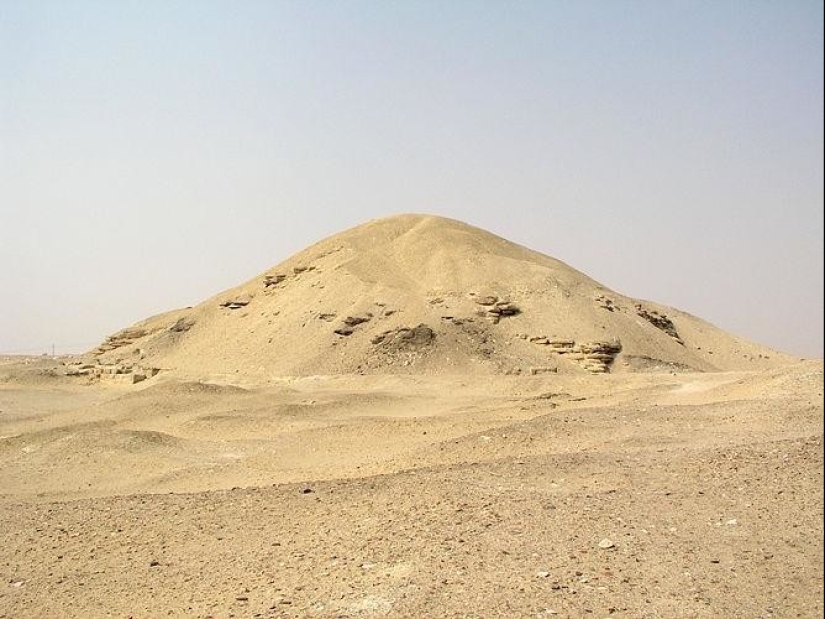
Others were also built: some are similar to those in Giza, others are narrower and half collapsed, and some generally look more like hills than pyramids. The best examples of different pyramid styles are the pyramid in Medum and the pyramid of Amenemhat I in Lishte.
The pyramids and the reign of Cleopatra are the most popular aspects of the history of Ancient Egypt, but they are separated by much more time than it might seem.
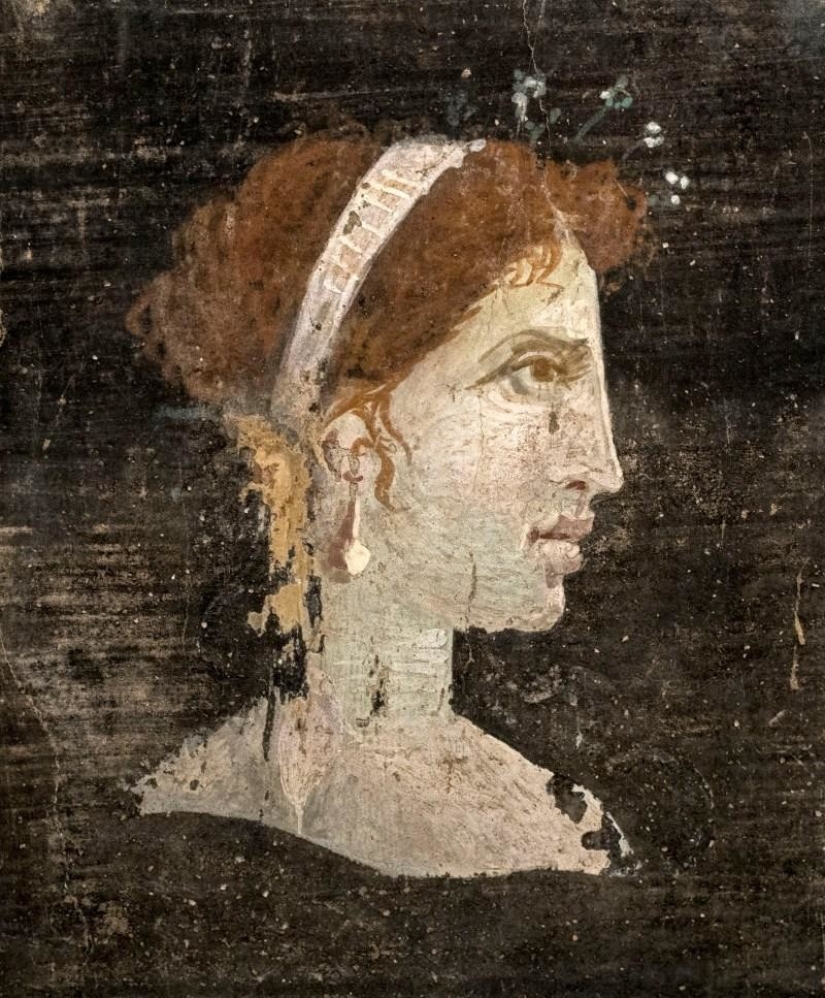
As mentioned above, Egypt flourished during the periods when the pharaohs ruled, and it was the pharaohs of the Ancient Kingdom who built the first pyramids. Cleopatra became famous in the Ptolemaic period, when she seduced Julius Caesar and Mark Antony — and this happened as much as 2500 years after the construction of the pyramids, and just 1940 years before the digital revolution in the 1970s.
Every dynasty in the history of Egypt consisted of intermarriage between members of the royal family. Most often these were unions between brothers and sisters or marriages between rulers and their nephews.
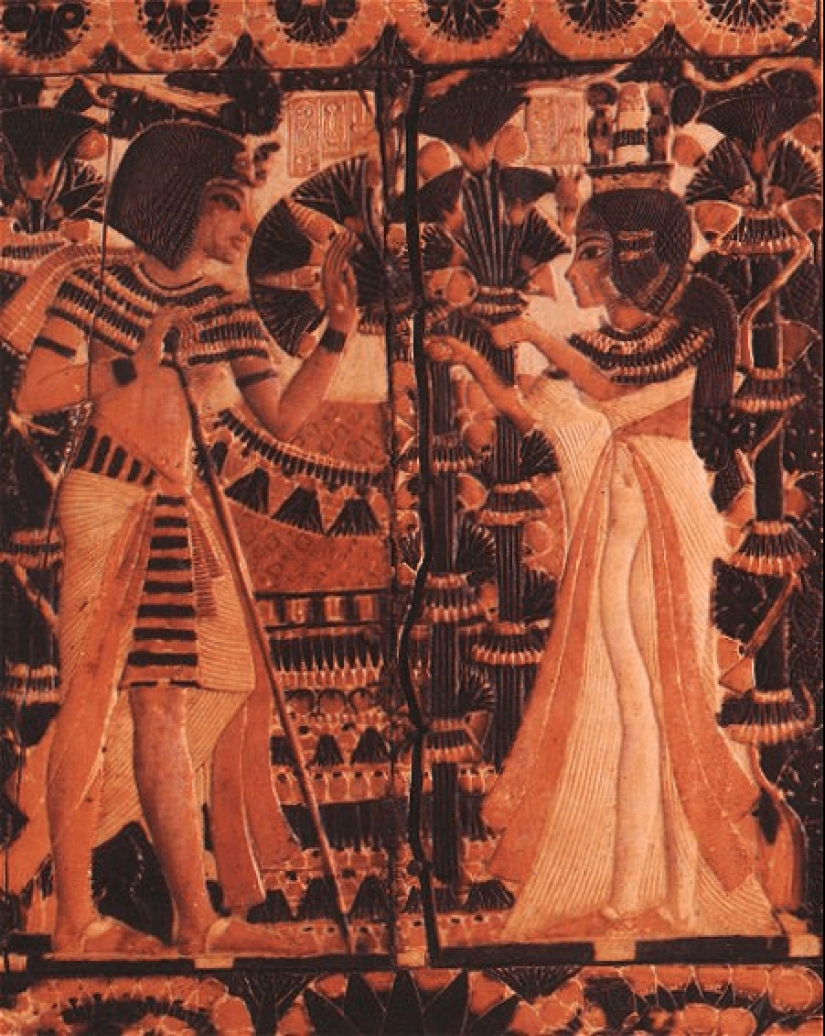
Historians believe that this may be due to the faith of the Egyptians, since the Egyptian god Osiris married his sister Isis in order to preserve the purity of their kind. Since the pharaohs were considered the living embodiment of the gods, this justified incest. There is evidence that such marriages led to physical defects, the most striking example of this is Tutankhamun, who had a harelip and a curved spine.
Since we are talking about the young pharaoh: it is not known exactly how he died, but disputes are still ongoing.
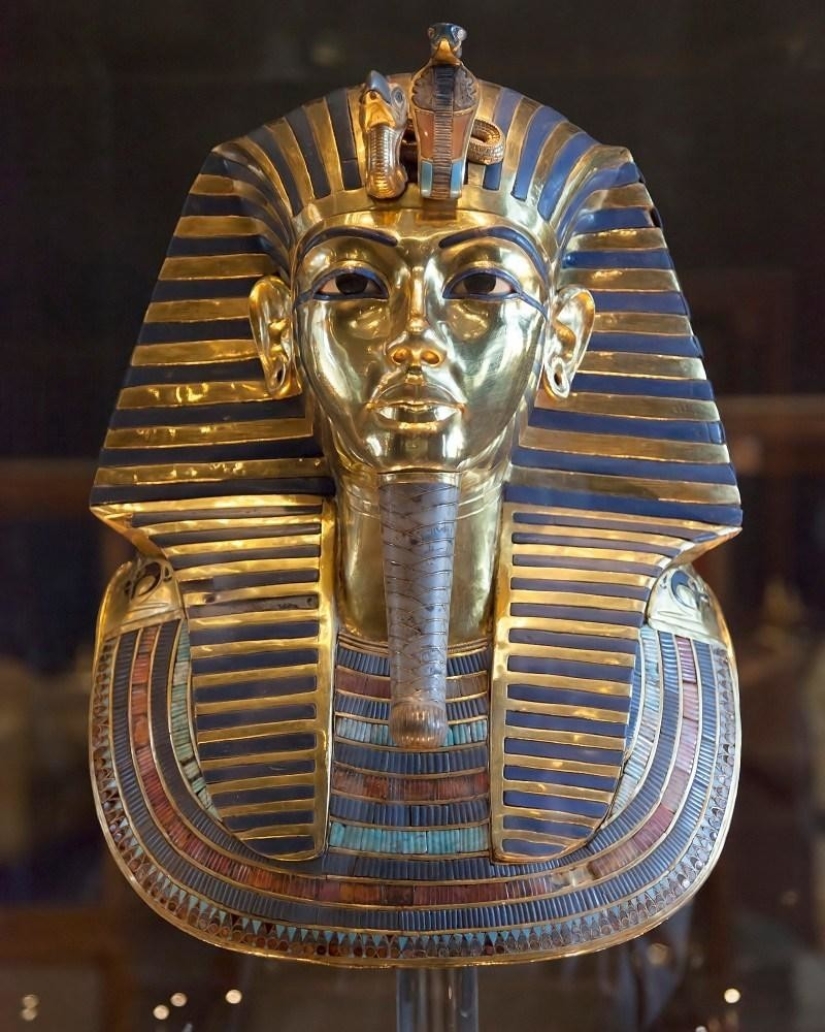
Someone suggests that Tutankhamun could have died as a result of the accident. Drawings in the tomb show that Tutankhamun was an avid chariot racer, and it is believed that he broke his pelvic bone and leg during an accident, after which he died of blood poisoning.
However, some historians dispute this version and claim that there is no evidence of this accident, and Tutankhamun's skeleton could have been damaged during the opening of his tomb in 1922.
Some historians believe that the pharaoh was killed by a hippopotamus — this theory is supported by Tutankhamun's love for hunting this animal, broken ribs and the absence of a heart in his body, although at that time this organ was always left during embalming.
The religion of ancient Egypt was polytheistic, which implies the presence of many deities. In this, it was similar to religion in ancient Rome and Greece — different deities personified various social aspects that were important to society.
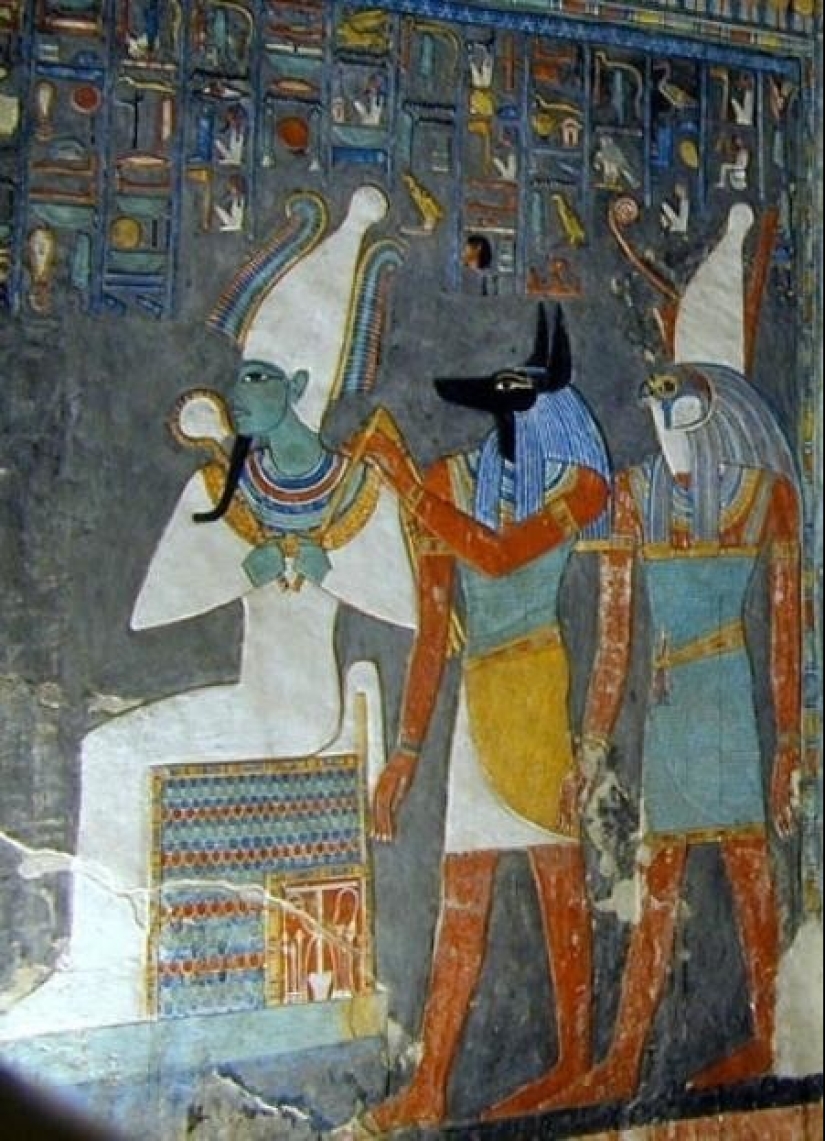
Agriculture, the Nile, the house and fertility had their own deities, for example. However, one Pharaoh tried to put an end to this. Amenhotep IV changed his name to Akhenaten founded a new religion in which only one god was supposed to be worshipped: the sun god Aton.
When Akhenaten's son, our old acquaintance Tutankhamun, ascended to the throne, he restored the polytheistic religion and thereby put an end to a short monotheistic period in the history of Egypt.
Recent articles

It's high time to admit that this whole hipster idea has gone too far. The concept has become so popular that even restaurants have ...

There is a perception that people only use 10% of their brain potential. But the heroes of our review, apparently, found a way to ...

New Year's is a time to surprise and delight loved ones not only with gifts but also with a unique presentation of the holiday ...